Obama to make historic first presidential visit to Hiroshima
Japan has long urged world leaders to visit Hiroshima and Nagasaki to see the horrors of the atomic bombings
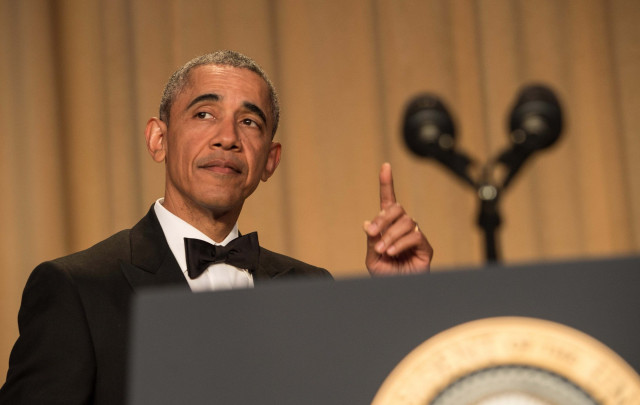
US President Barack Obama arrives to speak at the 102nd White House Correspondents' Association Dinner in Washington, DC, on April 30, 2016. PHOTO: AFP
"The president will make an historic visit to Hiroshima with Prime Minister (Shinzo) Abe to highlight his continued commitment to pursuing the peace and security of a world without nuclear weapons," said spokesperson Josh Earnest.
BREAKING: @POTUS will be the first sitting U.S. President to visit Hiroshima on May 27 → https://t.co/2OsOLAslRa pic.twitter.com/Z2mh87dzSs
— White House Archived (@ObamaWhiteHouse) May 10, 2016
The announcement comes after months of rumors in the US and Japan that the president, a Nobel peace laureate, would make a visit to the city devastated in the final days of World War II.
Kerry says 'deeply moved' by Hiroshima memorial visit
Obama will visit central Japan in late May for a Group of Seven summit. Before that, he will head to Vietnam, the White House said.
Last month, Secretary of State John Kerry became the highest ranking US political figure to visit Hiroshima.
He said he was "deeply moved" by the experience and a "gut-wrenching display that tugs at all your sensibilities as a human being."
"Everyone should visit Hiroshima, and everyone means everyone," he added, fueling speculation that Obama would go.
Japan has long urged world leaders to visit Hiroshima and Nagasaki to see the horrors of the atomic bombings and join efforts to eradicate nuclear arms.
Obama to visit Hiroshima after G7 summit: Nikkei
But a presidential visit could rile Obama's opponents and some in the military whose predecessors carried out presidential orders to drop the bombs.
The visit would come at a particularly sensitive time. This December marks the 75th anniversary of Japan's attack on Pearl Harbor, in Obama's home state of Hawaii.
On August 6, 1945, the US dropped the world's first atomic bomb on Hiroshima, killing around 140,000 people, including those who survived the explosion itself but died soon after from severe radiation exposure.
Three days later, the US military dropped a plutonium bomb on the port city of Nagasaki, killing some 74,000 people.
The bombings are controversial in the United States, where opinion remains divided over whether their use in the closing days of World War II was justified.
Last week, White House press secretary Josh Earnest said that Obama did not believe the United States owes Japan an apology for that military action.

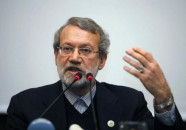
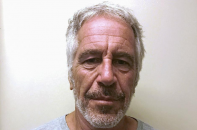
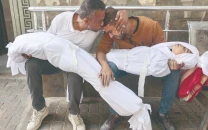
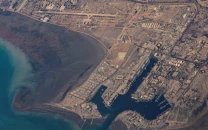
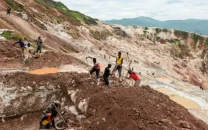
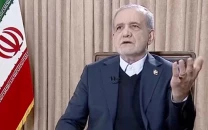












COMMENTS
Comments are moderated and generally will be posted if they are on-topic and not abusive.
For more information, please see our Comments FAQ